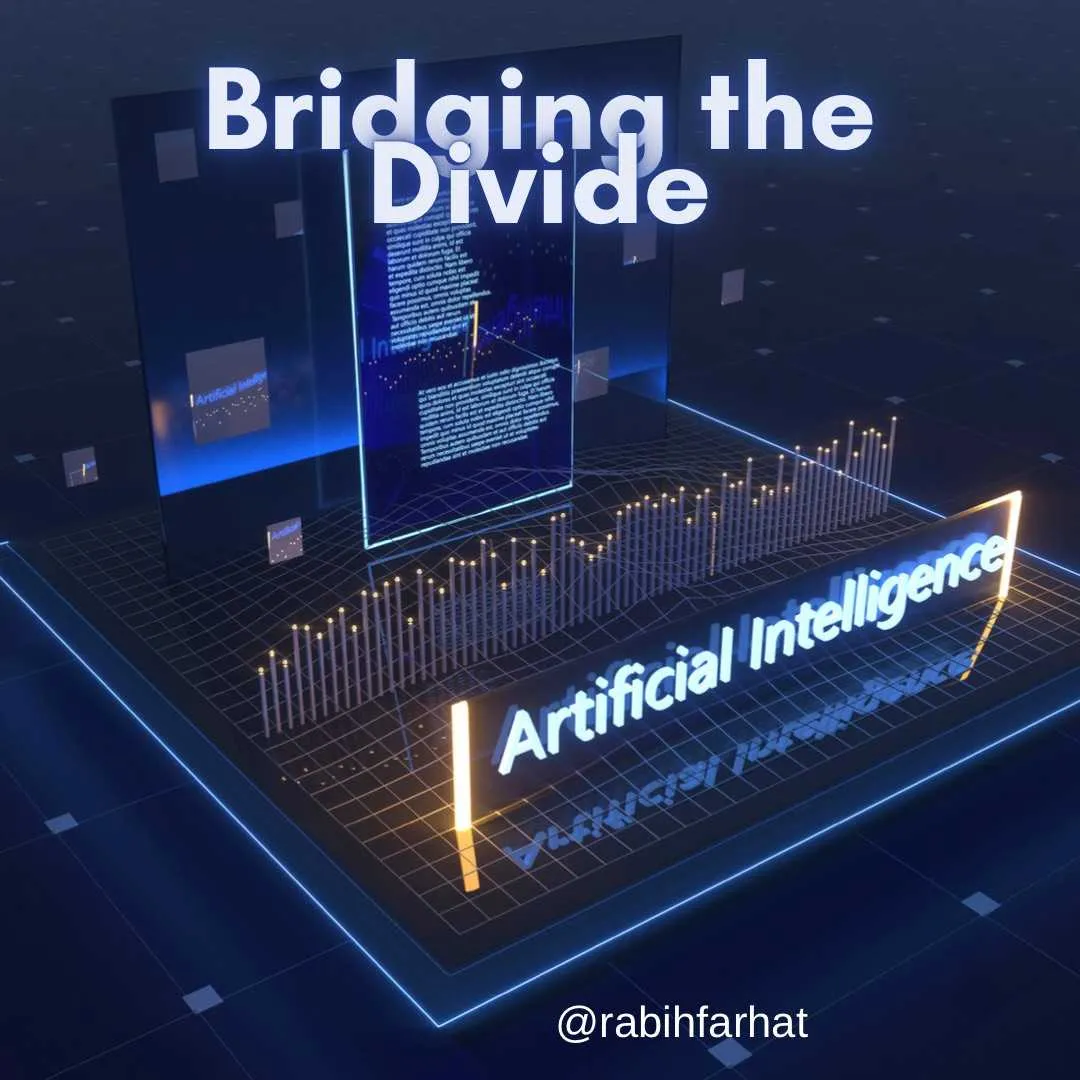Introduction
In a step that is currently the most important, and since many are Calling for the regulation of this technology, the United Nations General Assembly approved a resolution aimed at encouraging the protection of personal data, human rights, and monitoring risks in order to ensure the ethical progress of Artificial Intelligence.

Through agreement and without voting, that highlights the global recognition of the transformative potential of AI and the urgent need to establish a core set of principles to guide its accelerated development.
This indicates a high level of international cooperation that brings together countries with different viewpoints, and represents one of the rare moments of agreement in a world often characterized by disagreements.
One of the goals, is to bridge the digital gap that separates rich countries from the developing ones, and to ensure fair participation in AI access to technology. It underscores the critical importance of enabling developing countries to benefit from artificial intelligence in a myriad of applications,from healthcare and agriculture to education and disaster management, thus promoting overall technological progress.
Because AI technology is advancing rapidly, the resolution calls for urgent global consensus on managing AI systems that are safe and compatible with human rights. Taking into consideration the need for an ongoing dialogueon governance approaches to adapt to the evolving landscape of artificial intelligence technologies.
It is therefore important to prioritize responsible, clear and ethical AI practices that support fairness and transparency throughout the AI development lifecycle. This includes strict measures to ensure data privacy and address potential biases and discrimination issues that may arise. At every step of the development process it's important to maintain the beneficial human values aswell as the need to identify and evaluate the positive social impacts of AI on humans and governments while proactively addressing any negative impacts.
It is necessary to take action to create an integrated AI ecosystem thatsupports investments in this field, with the aim of benefiting from it tostimulate economic growth, enhance public services, drive innovation across companies and industries, and enhance scientific research. Integrating AI technologies into national development agendas can guide countries towards amore effective and beneficial use of AI, ultimately improving the global AIlandscape that respects human rights and ethical principles.
Conclusion
The European Union has officially introduced the world's firstcomprehensive rulebook for artificial intelligence. “The ArtificialIntelligence Law” where it is expected that these rules will become effectivein the near future.
It is important to ensure that AI contributes to global well-being. Therefore,a collaborative effort must be made between countries, regional bodies, thetechnology community, civil society and academia to develop regulatory frameworks that promote safe AI systems and protect against misuse.
In addition, developing countries must be supported in accessing thebenefits of digital transformation and promoting sustainable development. Andthe need to support human rights throughout the life cycle of artificialintelligence systems.
*Image designed using Canva